
What is Performance Marketing?
Learn how performance marketing can accelerate your startup's growth by focusing on measurable, ROI-driven campaigns.
As a startup founder, you're likely familiar with the endless challenge of attracting customers without breaking the bank. Traditional advertising can feel like throwing spaghetti at the wall—hoping something sticks, but not knowing what. This is where performance marketing comes in. With its focus on measurable results, performance marketing allows startups to get more bang for their buck by ensuring every marketing dollar is accountable.
In this guide, we'll walk you through the basics of performance marketing, how it differs from traditional advertising, and why it's an essential strategy for scaling your startup.
What Is Performance Marketing?
Definition and Overview
Performance marketing is a type of digital marketing where advertisers pay based on how their ads perform, typically in the form of clicks, leads, or sales. Unlike traditional models where you might pay upfront for exposure, with performance marketing, you’re only charged when the user takes a specific action—making it a highly measurable and cost-efficient way to grow your business.
Common payment models in performance marketing include:
- Cost Per Click (CPC): You pay when someone clicks on your ad.
- Cost Per Acquisition (CPA): You pay when a desired action is completed, such as a sale or sign-up.
- Cost Per Mille (CPM): You pay for every thousand impressions (views of your ad), but this is less common in performance marketing.
For startups operating on lean budgets, the ability to track and measure every dollar spent is a game-changer. Performance marketing eliminates the guesswork, allowing you to focus on channels that drive the highest return on investment (ROI).
Why Is Performance Marketing Important for Startups?
Benefits of Performance Marketing
Startups live and die by the efficiency of their spend. With limited resources, you can’t afford to run campaigns that don’t deliver results. Performance marketing offers the following advantages:
- Measurable ROI: You can track every ad's performance and optimize your campaigns in real-time.
- Lower Risk: Since you pay based on results, you avoid wasting money on ineffective strategies.
- Targeted Reach: You can focus on highly specific audiences, ensuring your ads are seen by potential customers, not random users.
- Scalability: As your startup grows, you can scale your campaigns easily by increasing spend on high-performing channels.
- Transparency: Data-driven insights allow you to adjust your budget and strategy based on actual performance, not gut feelings.
In short, performance marketing is a crucial tool for startups looking to stretch their marketing dollars while driving real results.
Key Components of a Successful Performance Marketing Strategy
Choosing the Right Channels
When developing a performance marketing strategy, choosing the right channels is essential. While there are many options out there, a few key ones tend to deliver the best results for startups:
- Search Engine Marketing (SEM): Advertise on platforms like Google and Bing to capture high-intent users actively searching for solutions.
- Social Media Ads: Channels like Facebook, Instagram, and LinkedIn allow for precise targeting based on demographics, interests, and behaviors.
- Affiliate Marketing: Work with affiliate partners who promote your product and earn a commission for every sale they drive.
- Email Marketing: Focus on acquiring email leads and nurturing them through targeted campaigns designed to convert.
Setting Clear Objectives
Before you launch any performance marketing campaign, it’s critical to define clear objectives. What are you trying to achieve—brand awareness, lead generation, or direct sales? Setting specific goals will help you choose the right channels and tactics.
For example:
- Objective: Increase sign-ups for a beta program.
- Channel: Facebook ads targeting specific user groups.
- Measurement: CPA (Cost per Acquisition).
With clear goals, you can track your progress and adjust your campaigns to hit the targets you’ve set.
Performance Marketing vs. Traditional Advertising
Key Differences
The biggest distinction between performance marketing and traditional advertising lies in the pay structure and measurability:
- Traditional Advertising: You pay for exposure, hoping it translates into engagement. Think TV ads, print media, and billboards. Measuring ROI is difficult since you pay upfront for reach, not results.
- Performance Marketing: You pay only when a user takes a measurable action, such as clicking on an ad or making a purchase. This method allows for real-time optimization and clear ROI tracking.
For a startup, performance marketing is almost always the better choice because it reduces waste and allows you to focus on strategies that work.
Tracking and Measuring Success in Performance Marketing
Key Metrics to Track
Once your campaign is live, measuring its effectiveness is crucial. Here are some of the key metrics startup founders should keep an eye on:
- Click-Through Rate (CTR): This metric measures how many people click on your ad compared to how many saw it.
- Conversion Rate: The percentage of users who complete the desired action, whether it's signing up or making a purchase.
- Cost Per Conversion: The total cost divided by the number of conversions.
- Return on Ad Spend (ROAS): This measures the revenue you generate for each dollar spent on advertising.
Using these metrics, you can fine-tune your campaigns in real-time, focusing more budget on high-performing ads and cutting underperformers.
Common Mistakes to Avoid in Performance Marketing
Avoiding Pitfalls
Even with the best intentions, it’s easy for startup founders to fall into some common performance marketing traps. Here’s what to watch out for:
- Neglecting Data: The beauty of performance marketing lies in its measurability, but that’s only useful if you’re regularly analyzing the data.
- Overlooking Attribution: If you’re running campaigns across multiple channels, be sure to attribute success correctly. Was it the Facebook ad or the email campaign that led to the sale?
- Underinvesting in Creative: Even the best-optimized campaigns will fall flat if the creative doesn’t resonate. Invest in high-quality visuals and copy that capture attention.
- Failing to Test: Always A/B test your ads to find out what works best.
Avoiding these pitfalls will help you maximize your budget and ensure your campaigns drive meaningful results.
How to Get Started with Performance Marketing
Laying the Foundation
If you’re new to performance marketing, the idea of launching a campaign might feel overwhelming. However, with the right approach, it doesn’t have to be complicated. Here’s a step-by-step guide to get you started:
- Define Your Goals: Start with a clear understanding of what you want to achieve. Do you want more website traffic? Increase sales? Generate leads? Knowing your goals will help you pick the right tactics.
- Set a Budget: While performance marketing is cost-efficient, it’s still essential to define your budget upfront. Start small and scale up once you have a better idea of which campaigns are working best.
- Choose Your Channels: As mentioned earlier, not all channels are created equal. Pick a few that align with your audience and goals. For example, Google Ads might be great for capturing high-intent users, while Instagram might be better for building brand awareness.
- Create Engaging Ads: Whether you’re using text, images, or videos, your ads need to grab attention. Focus on creating content that speaks directly to your audience's needs and pain points.
- Launch, Monitor, and Optimize: Once your campaign is live, monitor its performance closely. Performance marketing is all about testing and tweaking. If something isn’t working, make adjustments and test again.
Starting small and iterating is key. It’s all about learning as you go, using the data to inform your decisions, and steadily improving your performance over time.
Choosing the Right Tools for Performance Marketing
Essential Tools for Tracking and Optimization
To execute a successful performance marketing strategy, you'll need to arm yourself with the right tools. Here’s a quick rundown of tools every startup founder should consider:
- Google Analytics: A must-have for tracking website traffic, conversions, and overall performance.
- Facebook Ads Manager: Essential for managing your social media ads on Facebook and Instagram. It offers detailed targeting and analytics.
- Google Ads: If you’re running search engine marketing campaigns, Google Ads provides all the tools you need to manage bids, track conversions, and optimize your campaigns.
- SEMrush or Ahrefs: Tools like these help you with SEO and keyword research, ensuring you’re bidding on the right search terms.
- Email Marketing Platforms: Tools like Mailchimp or ActiveCampaign help you manage email campaigns, track engagement, and measure results.
- Hotjar or Crazy Egg: Tools like these offer heatmaps and behavior analytics, helping you understand how visitors interact with your site and what can be optimized to improve conversions.
Each of these tools plays a specific role in your performance marketing strategy, from tracking metrics to optimizing campaigns in real-time. The combination of these tools will provide you with a full picture of how well your marketing dollars are being spent.
Best Practices for Performance Marketing Success
Tips to Maximize Results
Here are some best practices to ensure you’re getting the most out of your performance marketing efforts:
- A/B Test Regularly: Always test different versions of your ads. Whether it’s the headline, images, or CTA (call to action), you can improve performance by identifying what resonates most with your audience.
- Use Retargeting: Retargeting allows you to reach people who have already visited your site but didn’t convert. It’s an efficient way to remind them of your product and nudge them toward making a decision.
- Segment Your Audience: Personalization is crucial. Segment your audience by factors such as age, location, or behavior, and tailor your ads to speak directly to each group.
- Optimize Landing Pages: Your ads are only as good as the landing pages they direct people to. Make sure your landing pages are clear, concise, and optimized for conversions.
- Focus on Mobile: Mobile users account for a huge portion of online traffic. Ensure your ads and landing pages are optimized for mobile devices to avoid missing out on potential customers.
These best practices can make or break your performance marketing campaigns. Implementing them thoughtfully will help you run efficient campaigns and achieve better results.
How Horizon Labs Helps Founders with Performance Marketing
At Horizon-Labs.co, we know the challenges startups face when trying to scale their marketing efforts. That’s why we offer end-to-end support for performance marketing—whether it’s running your ad campaigns or optimizing your website for better conversions. With our experience in building digital products and scaling marketing efforts, we’re equipped to help you generate real results faster and more cost-effectively.
Our team works closely with founders to create custom marketing strategies, ensuring you’re spending money where it matters most. By working with us, you can expect:
- Tailored Strategies: We design marketing campaigns that align with your business goals and growth stage.
- Full Transparency: We provide regular reports so you know exactly where your budget is going and what results you’re getting.
- Proven Expertise: With a track record of helping startups like yours scale quickly and efficiently, we know how to create marketing strategies that deliver measurable ROI.
Ready to take your startup to the next level with performance marketing? Contact us at info@horizon-labs.co or schedule a free consultation at Horizon Labs Contact. Let’s build your marketing strategy together and ensure your success!
Frequently Asked Questions (FAQs) about Performance Marketing:
Q: What types of startups benefit the most from performance marketing?
A: Startups in industries with measurable customer actions—like e-commerce, SaaS, and marketplaces—benefit most from performance marketing. These businesses typically have clear conversion goals, such as purchases or sign-ups, which performance marketing can track and optimize. However, any startup with defined customer acquisition targets can leverage performance marketing effectively.
Q: How quickly can I see results from performance marketing campaigns?
A: The speed at which you see results can vary depending on the channel and campaign type. For example, you might see quick returns from search engine marketing (SEM) campaigns targeting high-intent users, while social media ads may take longer as they require more testing and optimization. In general, expect to see meaningful data within 1-2 weeks, though some campaigns may need more time to fine-tune.
Q: How do I determine the budget for a performance marketing campaign?
A: Start by defining your objectives, then work backward to figure out how much you're willing to spend to achieve those goals. For example, if your goal is to acquire new customers and your target cost per acquisition (CPA) is $50, you can calculate how many conversions your budget can support. Most startups begin with a small budget, test different channels, and increase spend on the highest-performing ones.
Q: What’s the difference between paid search and paid social in performance marketing?
A: Paid search refers to ads placed on search engines like Google or Bing, targeting users actively looking for specific keywords. Paid social refers to ads on platforms like Facebook, Instagram, or LinkedIn, which target users based on their interests, behaviors, or demographics. Paid search usually attracts high-intent users, while paid social is more suited for building awareness and engaging a broader audience.
Q: Can I run a performance marketing campaign without any prior experience?
A: Yes, though it helps to have a basic understanding of digital marketing principles. Many ad platforms, like Google Ads or Facebook Ads Manager, offer step-by-step guides and optimization tools to help beginners. You can also start by running small, low-budget campaigns and gradually build your expertise through testing and learning from the data. Alternatively, hiring a partner with performance marketing experience can save you time and maximize your ROI.
Q: How can I use performance marketing to improve customer retention, not just acquisition?
A: Performance marketing isn’t just for acquiring new customers; it can also be an effective tool for customer retention. You can run retargeting campaigns to engage existing customers, offer personalized promotions based on their past behavior, or use email marketing to encourage repeat purchases. Loyalty programs, special discounts, and content tailored to previous buyers are also great ways to keep your audience engaged and coming back.
Q: What are the risks involved in performance marketing for startups?
A: The main risk in performance marketing is overspending on ineffective campaigns. Without proper tracking and optimization, you might waste money on ads that don’t convert. It’s also important to remember that performance marketing requires ongoing monitoring and adjustments. If you’re not regularly optimizing your campaigns, you could see diminishing returns.
Q: How does performance marketing align with a startup’s growth stage?
A: Performance marketing is highly adaptable and can be effective at various growth stages. In the early stages, startups often use it to build brand awareness and drive initial customer acquisition. As they scale, performance marketing becomes crucial for optimizing cost per acquisition (CPA) and maximizing customer lifetime value (CLV). For startups that have found product-market fit, it can help refine campaigns to drive long-term growth and sustainable revenue.
Q: What are some common mistakes startups make when launching performance marketing campaigns?
A: Common mistakes include setting unclear objectives, not properly tracking key performance indicators (KPIs), neglecting to test different ad variations, and failing to allocate enough time for campaigns to perform. Another mistake is relying too heavily on one channel instead of diversifying across platforms. Overlooking the importance of landing page optimization can also lead to poor results, even if the ads are performing well.
Q: How can performance marketing integrate with organic marketing strategies?
A: Performance marketing and organic strategies complement each other well. While performance marketing delivers immediate, measurable results, organic strategies like search engine optimization (SEO) and content marketing build long-term brand authority. Combining both allows startups to benefit from the short-term gains of paid ads while steadily growing their organic presence. For example, insights from performance marketing can help identify which content performs best, allowing you to optimize organic efforts accordingly.
Q: How do I measure the success of a performance marketing campaign beyond just clicks or conversions?
A: In addition to clicks and conversions, you should track metrics such as return on ad spend (ROAS), customer acquisition cost (CAC), and customer lifetime value (CLV). Engagement metrics, such as time spent on your landing page or the number of interactions with your ads, can also offer insights into how well your campaigns resonate with your audience. Finally, pay attention to retention rates and repeat purchases to measure long-term success.
Q: How can startups leverage influencers in performance marketing campaigns?
A: Startups can partner with influencers in a performance-based arrangement, where influencers are compensated based on how their audience engages with the promoted content (e.g., clicks, sign-ups, or purchases). This type of partnership is often referred to as influencer performance marketing. It allows startups to reach highly targeted audiences through trusted voices while minimizing upfront costs. Measuring the success of these collaborations can be done via unique discount codes or tracked affiliate links.
Q: What role does ad creative play in the success of a performance marketing campaign?
A: Ad creative is critical in capturing attention and driving engagement. Well-designed visuals, persuasive copy, and clear calls-to-action (CTAs) can significantly impact performance. Creative that resonates with your target audience increases the likelihood of conversions, while poorly executed ads can result in wasted ad spend. Testing different creative elements (such as headlines, images, and video formats) is key to optimizing your campaign for better results.
Q: Is it necessary to use an agency for performance marketing, or can startups handle it in-house?
A: While it’s possible to manage performance marketing in-house, many startups benefit from working with an agency, especially in the early stages. Agencies bring specialized expertise, tools, and experience that can fast-track your learning curve and help avoid common mistakes. For startups with limited time or resources, agencies can also handle the day-to-day optimization, allowing founders to focus on other areas of the business. As your team grows, you might consider bringing performance marketing in-house once you have the bandwidth and knowledge to manage it effectively.
Q: What are some cost-effective performance marketing strategies for startups with tight budgets?
A: Startups with limited budgets can focus on highly targeted campaigns, such as search ads with specific, low-competition keywords or retargeting campaigns that aim at converting previous site visitors. Leveraging lookalike audiences on social media platforms can also help stretch your budget by targeting users similar to your best customers. Additionally, testing smaller budgets on multiple channels before scaling up allows you to find the most cost-effective path for your goals.
Need Developers?
We help startups build ideas into apps their customers will love (without the engineering headaches).
















For Startups & Founders
We've been founders ourselves and know how valuable the right communities, tools, and network can be, especially when bootstrapped. Here are a few that we recommend.
.png)
9 Best Product Development Agencies in Irvine, California (2025 Edition)
Looking for the best product development agency in Irvine, CA? Check out our 2025 roundup of top product design & software companies to bring your ideas to life
Read more
Best Product Development Agency: San Francisco Bay Area 2025
Looking for the best product development agency in the San Francisco Bay Area? Explore our picks for 2025, featuring product design, software dev, and more.
Read more
Is Sharetribe Right for Your Business? 10 Questions to Ask
Discover if Sharetribe is the best fit for your marketplace. Compare ST vs Cocorico, explore alternatives, and answer 10 crucial questions before you decide.
Read more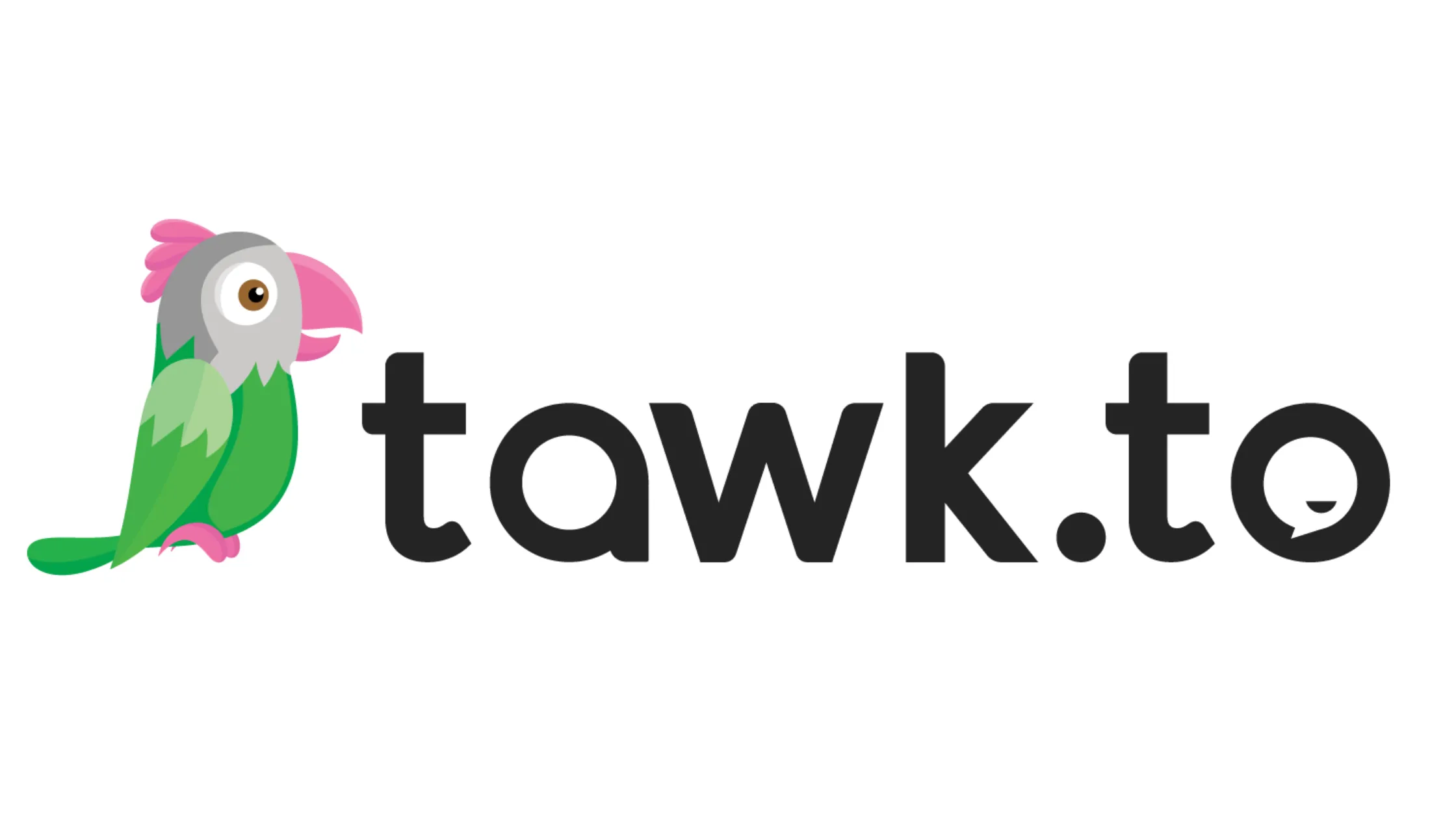
How Tawk.to Can Boost Your Startup’s Customer Support Game
Learn how Tawk.to can benefit startups by enhancing customer support and engagement. Perfect for early-stage founders!
Read more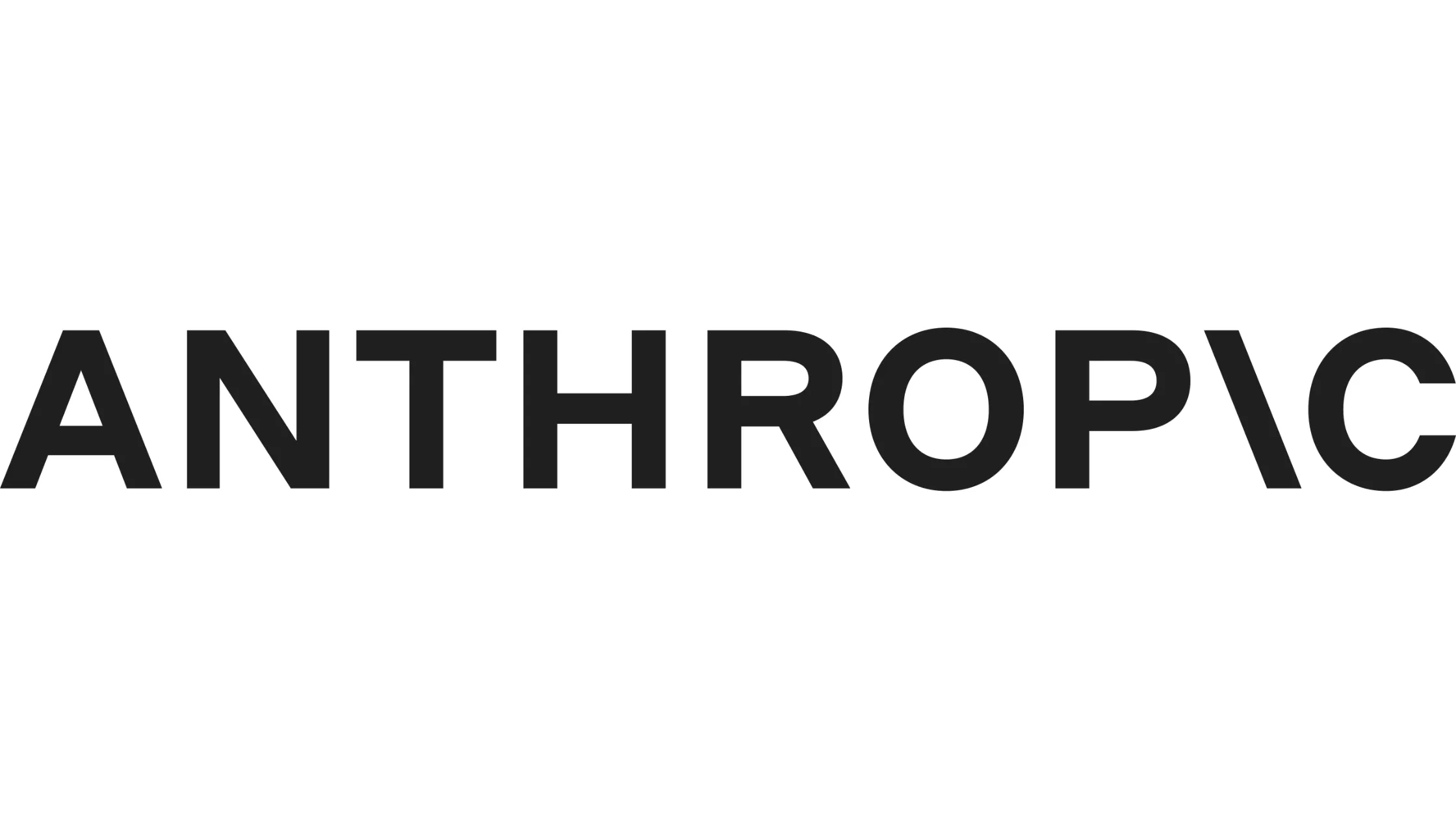
Grow Your Startup With Anthropic's AI-Powered Tools
Discover how Anthropic's cutting-edge AI tools can accelerate your startup's success. Learn about their benefits and see why they can be trusted by startups.
Read more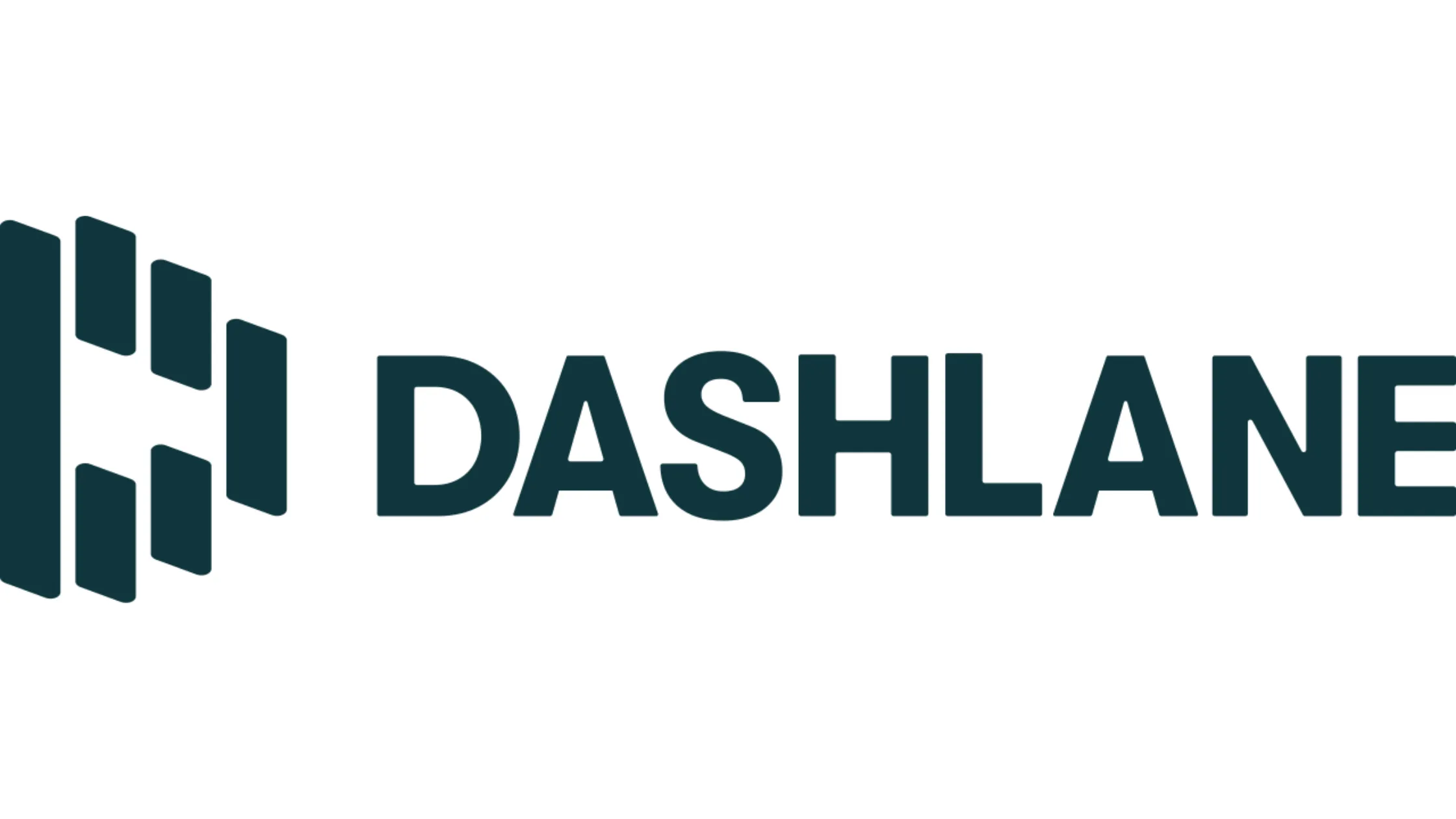
Dashlane
Simplify password management and security for your startup with Dashlane. Discover how it protects your data, scales with your team, and boosts efficiency.
Read more
How Startups Can Leverage OpenAI’s API for Growth
Learn how startups can leverage OpenAI’s API to automate tasks, boost productivity, and build smarter apps without breaking the bank.
Read more
What is Equity for Startup Founders?
Learn what equity is, why it matters for startups, and how to allocate it effectively. A beginner's guide for startup founders.
Read more
What is a Term Sheet?
Learn the essentials of term sheets in this beginner-friendly guide for startup founders, covering key terms, negotiation tips, and common pitfalls to avoid.
Read more
CereberalValley.ai
Explore CerebralValley.ai, the essential community for AI startups. Connect with AI experts, access resources, and network with investors to accelerate growth.
Read more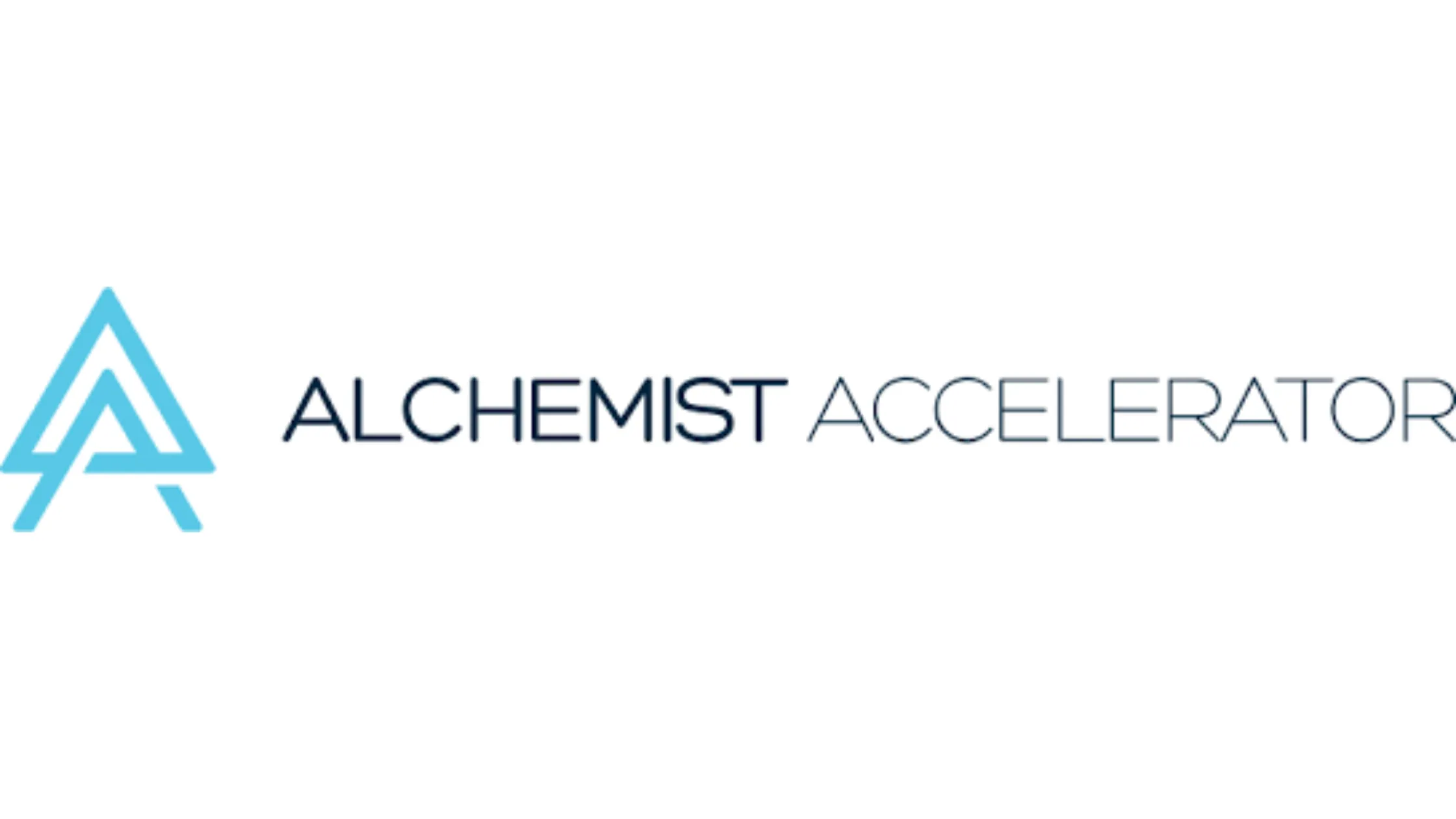
Alchemist Accelerator
If you're a B2B startup, Alchemist is by far one of the greatest communities that can accelerate your startup. Highly recommended!
Read more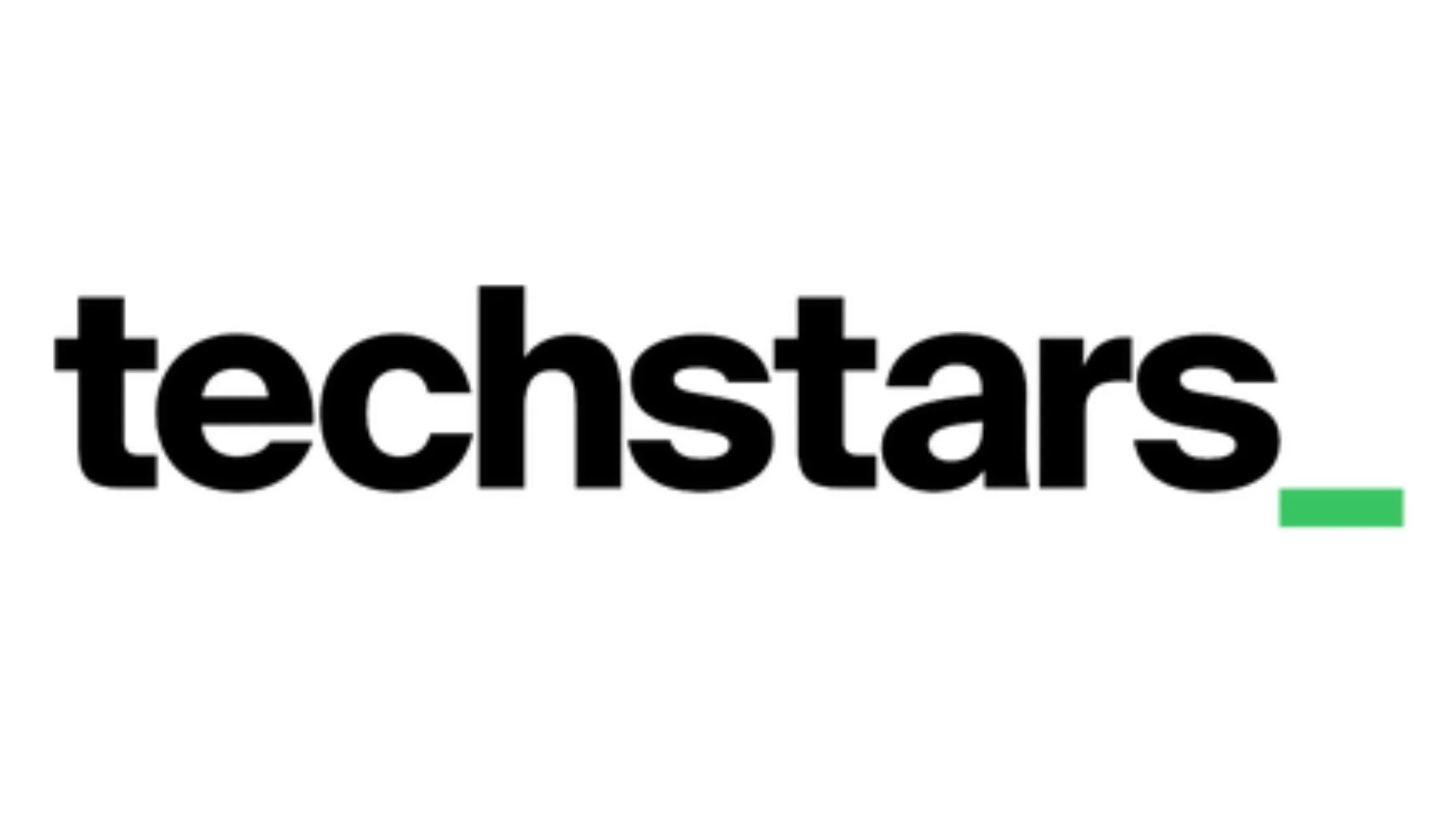
Techstars: Launching Pad for Tech Startups
Discover how Techstars, the premier startup accelerator, can supercharge your venture with mentorship, funding, and a global network of innovators.
Read more